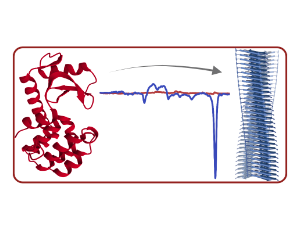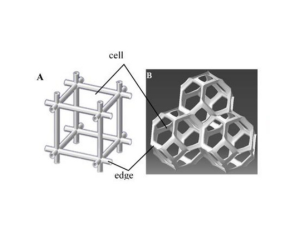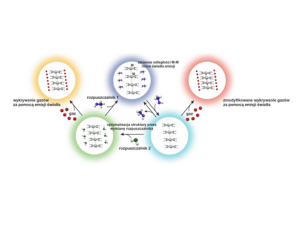The seminars are held at 16:30 via the Webex application (recording, privacy), and are conducted in English.
To receive information about monthly seminars, register here.
Contact:
Maksymilian Szymczak
 Web Content Display
Web Content Display
Web Content Display
Web Content Display
 Web Content Display
Web Content Display
Web Content Display
Web Content Display
The seminars are held at 16:30 via the Webex application (recording, privacy), and are conducted in English.
To receive information about monthly seminars, register here.
Contact:
Maksymilian Szymczak
 Web Content Display
Web Content Display
Web Content Display
Web Content Display
Pursuant to §7 (1) and (3) of Resolution No. 61/X/2022 of the Senate of the Jagiellonian University of 26 October 2022 on the terms and conditions for admission to the Doctoral School of Exact and Natural Sciences at the Jagiellonian University in the academic year 2023/2024, the Director of the Doctoral School of Exact and Natural Sciences announces
a competition for 1 doctoral student(s) with a stipend funded by a research project for the education programme Chemistry within the framework of the project Maestro 14 entitled: RamanSense: Metabolomics based on Enhanced Stimulated Raman Microscopy.. Grant manager Professor Małgorzata Barańska from Chemical Physics Department at the Faculty of Chemistry JU offers the opportunity to complete a PhD in the topic:
"RamanSense: Metabolomics based on Enhanced Stimulated Raman Microscopy"
RamanSense is a multidiciplinary project where a new spectroscopic technique is developed. It is a combination of newly developed Enhanced Stimulated Raman Microscopy (E-SRM) and newly designed Raman probes, targeting specific subcellular structures and their functions, to be applied to study the metabolic state of cells. New omic approaches, based on genomics, transcriptomics, proteomics and metabolomics, can help define the multiple cellular and humoral interactions that regulate normal and abnormal cell development and their response to stress or pathogens that are hallmarks of disease. the main goal of RamanSense is to overcome methodological and technical limits of optical imaging in detecting small organelles and specific molecules within cells by harnessing physics, chemistry, medicine, pharmacology, biology, engineering, and data analysis, to use these advanced technologies in life sciences. The novel Raman technique is not only better than the current state of art but will allow analysis of living cells to track processes and is essential to the better understanding of the respective diseases and improved treatment strategies.
The competition will be conducted by the Admission Committee and the results will be the basis for the admission of the selected candidate(s).
In the case of exposure to factors that are harmful, strenuous, or hazardous to health, the candidate is referred to a medical examination by an occupational physician at the time of enrolment. The candidate is required to provide a medical certificate stating that there are no contraindications to undertaking education within the deadline set by the education programme co-ordinator (applies to selected education programmes only).
Higher education certificates obtained abroad should:
In particularly justified cases, at the request of the Grant Manager, the Director of the NŚiP Doctoral School may waive the requirement to provide apostille or to submit diplomas of higher education or other documents for legalisation.
Any document issued in a language other than Polish or English must be accompanied by a certified translation into Polish or English.


